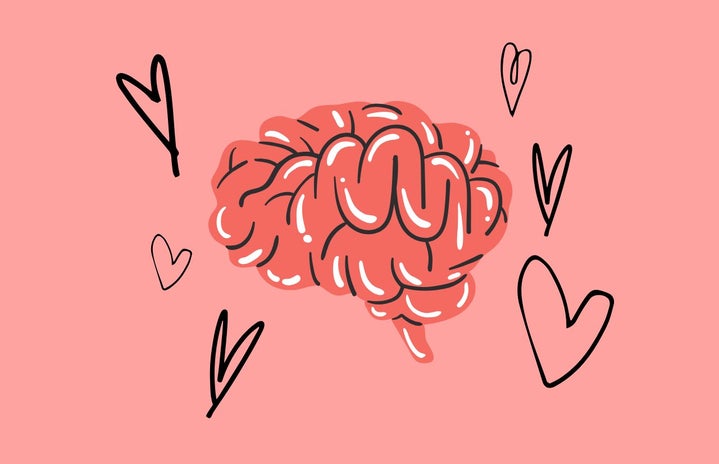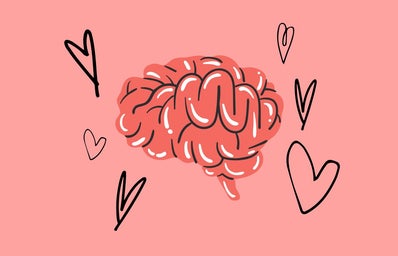I think we’ve all lied to ourselves at some point and said that we’re fine. It’s easy to get the wrong idea that once we wake up one day and feel alright, we’ve healed from whatever circumstance, trauma or heartache we were experiencing. There’s no guarantee of when the long, grueling nights end. There’ll be a moment in the middle of the day when you’re reminded of your hurt. And it will catch you off guard. It’d be comfortable to believe that we never confront the same pain twice. Like many other aspects of life, it’s unfair that that isn’t the case.
There’s a certain sense of denial associated with healing. It could be upholding that you will never find your way through a situation. It could be believing that you’re done remedying yourself. We want to heal quickly because of its outright uncomfortable, off-putting and agonizing nature. It could be forgetting that the process can take longer than you thought, expected or wanted it to. The truth is that healing is not linear.
The tricky thing about healing is that it takes on many different forms. You can’t know what to expect. The way a singular individual responds to one hardship may not be the same response exhibited toward another circumstance. A parallel reaction isn’t guaranteed.
While time will be your best friend throughout challenging moments, it’s an element you must utilize to the best of your ability in order to be able to feel better down the line. According to Verywell Mind’s 2021 article “‘Time Heals All Wounds:’ Is There Any Truth to This?” by Morgan Mandriota, medically reviewed by Carly Synder, Ph.D., time essentially equates to opportunity. In other words, “how someone heals over time ultimately depends on how they decide to use that opportunity to shape their present and future circumstances.” You don’t need to immediately bounce back from an emotionally taxing situation to respond to it constructively. You’re allowed to take your time. Listen to your body and your mind, and do what feels natural to you.
Healing is also extremely personal. While it may be tempting to look at how another handles hardship, reflect on your journey, and compare the two, you should not judge yourself or another. Each person undergoes a distinctive healing process. People react to pain in starkly contrasting ways. People take on different coping mechanisms, which may be destructive or constructive.
A 2013 article, “10 Tips for Emotional Healing” from Psychology Today’s Eric R. Maisel Ph.D., clarifies that “we are not so completely in control of our being that we can prevent past sore points from returning. They have a way of pestering us as anxious sweats, nightmares, sudden sadness, and waves of anger or defeat.” Therefore, casting aside negative thoughts and physiological responses is complex and may require effort. It’s critical to implement positive practices and create beneficial habits. Among them, journaling, meditation, exercise or yoga can be rewarding. You shouldn’t rule anything out until you give it a try. You never know whether you might be surprised by what works for you. For example, I remember refusing to try yoga or laughing when people suggested it to help me work through anxious thoughts. When I got sick, I was urged not to go on a run or do any strenuous exercises and had no choice but to give yoga a try for some physical activity. I was surprised by how I felt lighter and alleviated immediately after finishing a guided routine. Now, I am happy to consider myself a yogi and often turn to it when I feel overwhelmed.
Ultimately, there is no right amount of time to spend on healing. You should honor what your mind and body call for. Try to disassociate any feelings of guilt or dismissal of your emotions from the process of healing. You deserve peace.


